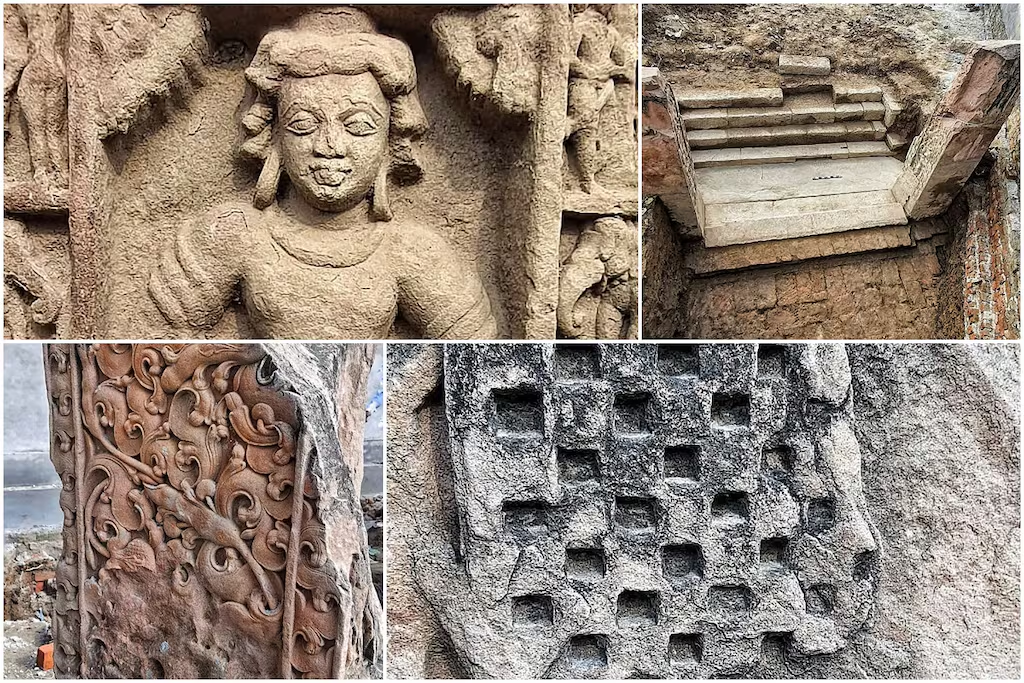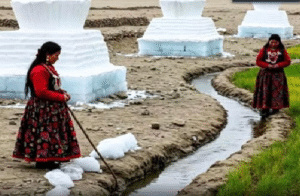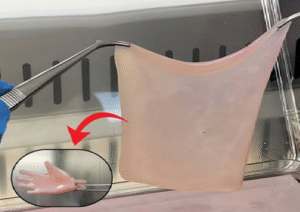The archaeological site of Koldihwa, situated in the Prayagraj district of Uttar Pradesh, holds significant historical importance due to its evidence of early agricultural practices in the Indian subcontinent. Excavations at the site have unearthed remnants of circular huts constructed using timber posts with thatched roofs, dating back to the 7th millennium BCE. This makes Koldihwa one of the earliest known settlements in the region.
One of the most remarkable findings at Koldihwa is the evidence of early domestication of cattle. The presence of cattle pens suggests the community engaged in animal husbandry alongside agriculture. Additionally, archaeologists have discovered rice grains at the site, which are among the earliest evidence of rice cultivation in the world. This discovery highlights the region’s role in the development of early agriculture and sedentary life.
The findings at Koldihwa contribute significantly to our understanding of the transition from hunter-gatherer societies to agrarian communities in prehistoric India, marking it as a crucial site for studying the Neolithic period in the Indian subcontinent.







